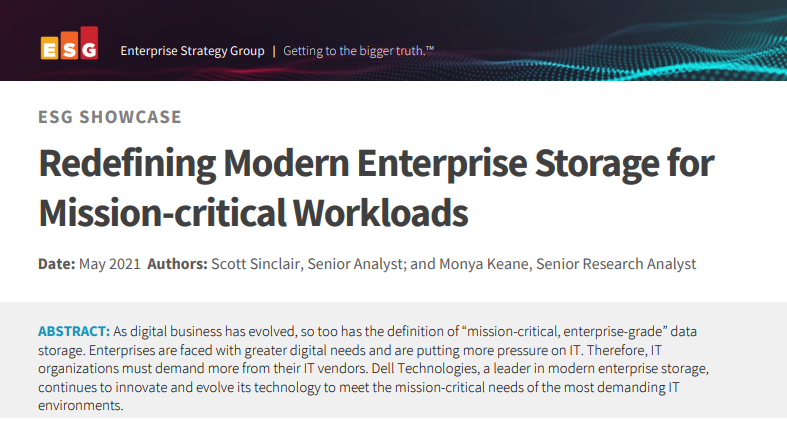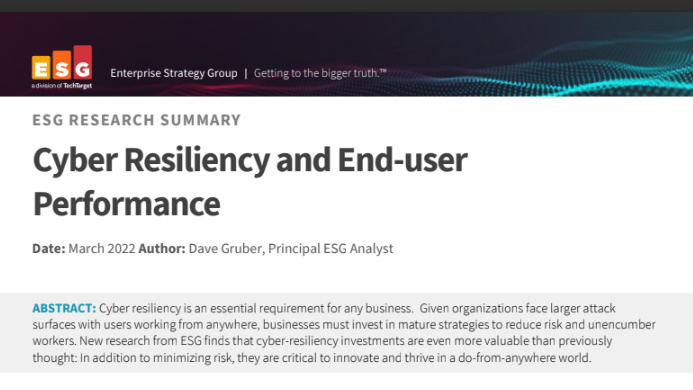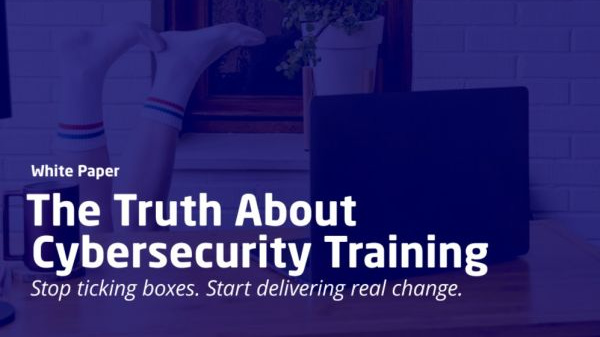SMEs stuck in technology dark ages
Research carried out by Intel suggests smaller businesses are placing themselves at a disadvantage by failing to embrace new technologies.


Small and medium-sized enterprises (SMEs) in the UK use fax machines more than smartphones, according to research.
More than a third (37.7 per cent) of IT decision makers and 40.5 per cent of IT users use a fax machine on a daily basis, according to the study, carried out by Lightspeed Research on behalf of chip giant Intel. It highlighted that smaller players are ignoring or not placing enough focus on new technologies and compliance as they try to cut costs.
"SMEs just like any business are trying to cut costs but they also want to offer more flexibility to employees and customers. They need to invest in IT to deliver that," said Graham Palmer, managing director of Intel UK.
"IT is one of the few areas of investment that can pretty much guarantee that flexibility and improvement in efficiency. We as an industry need to continue to communicate with SMEs to help them understand how we can help them deliver on their business goals."
Almost half (46.3 per cent) of the 3,000 organisations surveyed as part of the Intel Small Business Index claimed their ability to implement new technologies has been hindered by a lack of human and financial resources.
"It's clear that as SMEs tighten their purse strings, buying new technologies falls to the bottom of the list of priorities. Yet, it's important that IT decision makers weigh the advantages, such as the increased efficiency and flexibility delivered by mobile devices, against the cost," Palmer added.
"In many sectors, such as the creative industries and retail, using outdated legacy technologies could even result in the loss of your competitive advantage."
Sign up today and you will receive a free copy of our Future Focus 2025 report - the leading guidance on AI, cybersecurity and other IT challenges as per 700+ senior executives
Tablets appear to be the odd one out in this respect, however, with 17.4 per cent of respondents saying they plan to either buy or lease such a device for work in the next 12 months. That said, this form factor is currently used by just 1.4 per cent of IT users, according to the index.
Even if they had the money to embrace emerging tech, the majority (78.5 per cent) don't have the budget to train staff to use it, the index claimed, citing a lack of Government funding for such training initiatives.
Security has also fallen down the list of priorities during tough economic times, the research found. While just under 10 per cent of SME decision makers have experienced business downtime as a result of an incident in the past year, more than 60 per cent of them dedicate less than 10 per cent of their tech budget to security.
Almost half of those surveyed believed they weren't currently using cloud computing in their organisation. This stemmed from a lack of understanding as to the various forms this delivery model can take, according to Intel. Palmer claims the industry needs to work to do a better job of communicating both the terminology and the benefits in this respect.
"The index highlights that cloud awareness and adoption is lagging behind the hype. It's important that cloud technology companies educate SMEs about the implications of these technologies, including secure access to the cloud and the physical location of the data, because regulatory compliance may dictate how the cloud can be used," Palmer added.
"Cloud computing can be a very cost-effective option for many SMEs, but nobody should take the plunge without considering the impact on their business."
Check back on the site later today for IT Pro's interview with Intel UK MD Graham Palmer.
Maggie has been a journalist since 1999, starting her career as an editorial assistant on then-weekly magazine Computing, before working her way up to senior reporter level. In 2006, just weeks before ITPro was launched, Maggie joined Dennis Publishing as a reporter. Having worked her way up to editor of ITPro, she was appointed group editor of CloudPro and ITPro in April 2012. She became the editorial director and took responsibility for ChannelPro, in 2016.
Her areas of particular interest, aside from cloud, include management and C-level issues, the business value of technology, green and environmental issues and careers to name but a few.
-
 Will autonomous robotics leap forward in 2026?
Will autonomous robotics leap forward in 2026?In-depth Connectivity and cost benefits remain barriers, despite breakthroughs in physical AI
-
 AWS and NTT Data team up to drive legacy IT modernization in Europe
AWS and NTT Data team up to drive legacy IT modernization in EuropeNews Partnership between AWS and NTT DATA aims to boost AWS European Sovereign Cloud capabilities
-
 Laid off Intel engineer accused of stealing 18,000 files on the way out
Laid off Intel engineer accused of stealing 18,000 files on the way outNews Intel wants the files back, so it's filed a lawsuit claiming $250,000 in damages
-
 The days of bringing your own device to work could be coming to an end
The days of bringing your own device to work could be coming to an endNews Security concerns are prompting a rethink of ‘bring your own device’ policies
-
 Cyber criminals widen the net to target tradespeople
Cyber criminals widen the net to target tradespeopleTradespeople are being warned to take the potential of cyber attacks more seriously after new research showed almost two-thirds had fallen victim to at least one successful attempt in the past.
-
 PowerEdge - Cyber resilient infrastructure for a Zero Trust world
PowerEdge - Cyber resilient infrastructure for a Zero Trust worldWhitepaper Combat threats with an in-depth security stance focused on data security
-
 Redefining modern enterprise storage for mission-critical workloads
Redefining modern enterprise storage for mission-critical workloadsWhitepaper Evolving technology to meet the mission-critical needs of the most demanding IT environments
-
 The business value of storage solutions from Dell Technologies
The business value of storage solutions from Dell TechnologiesWhitepaper Streamline your IT infrastructure while meeting the demands of digital transformation
-
 Cyber resiliency and end-user performance
Cyber resiliency and end-user performanceWhitepaper Reduce risk and deliver greater business success with cyber-resilience capabilities
-
 The truth about cyber security training
The truth about cyber security trainingWhitepaper Stop ticking boxes. Start delivering real change.
